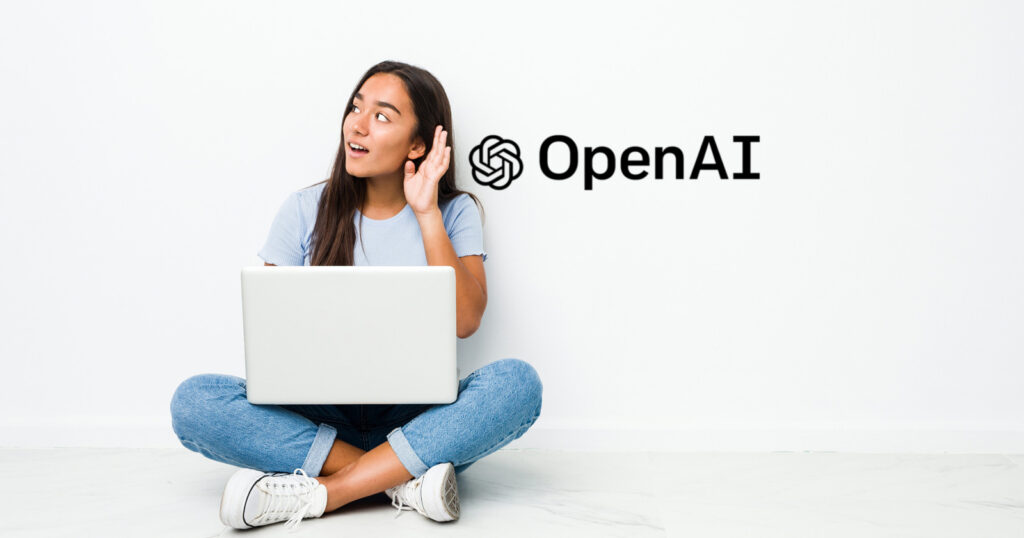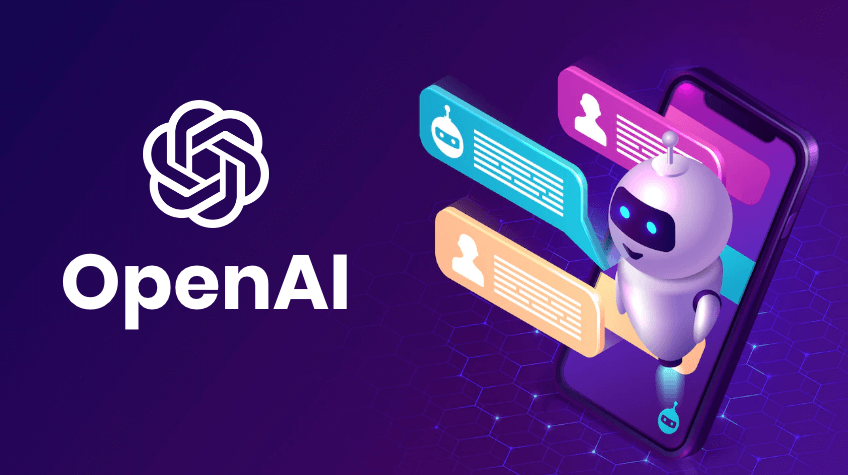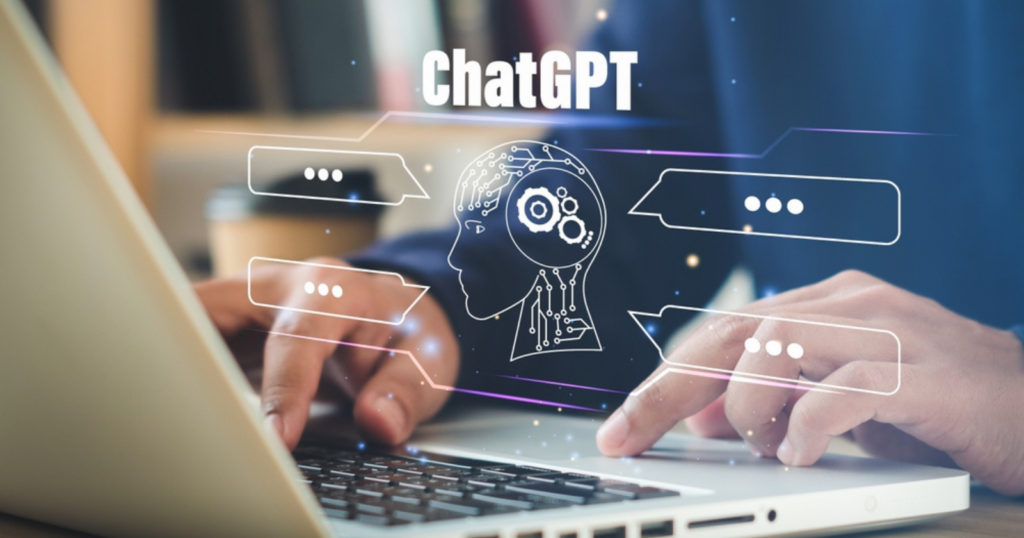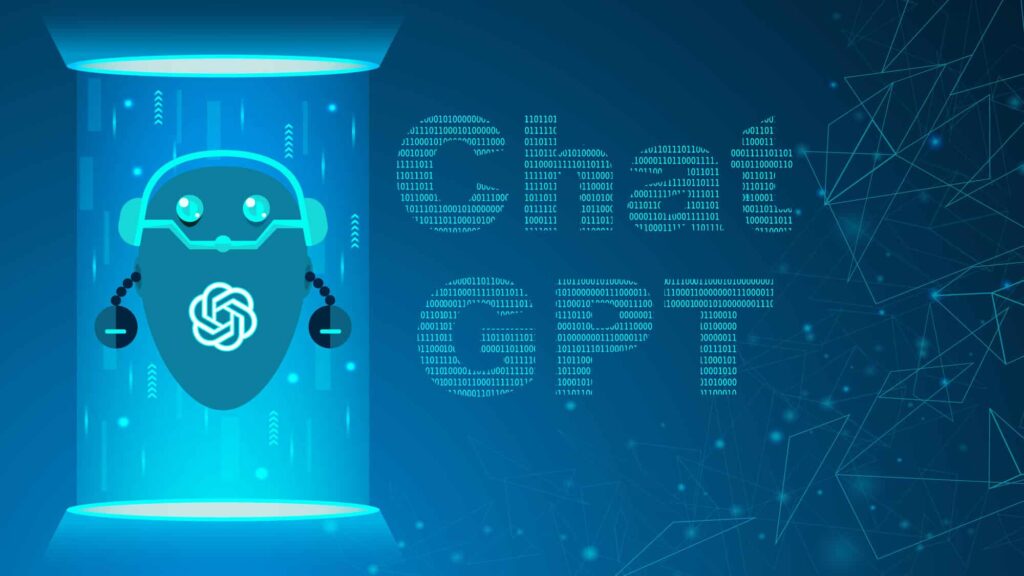Are there any concerns about ChatGPT’s use of web content? Artificial intelligence (AI) and machine learning models have been making significant strides in recent years, and one of the most prominent models is ChatGPT, developed by OpenAI. ChatGPT is a large language model that is capable of generating human-like responses to a wide range of queries.
However, some individuals have raised concerns about the fairness of ChatGPT’s use of web content for its training and learning process. In this article, we will provide a comprehensive analysis of the fairness of ChatGPT’s use of web content, and address the concerns raised by some individuals.
Background on ChatGPT
ChatGPT is an AI model developed by OpenAI, and it is capable of generating human-like responses to a wide range of queries. The model is based on the transformer architecture, which was introduced in 2017, and it has been trained on a large corpus of text data.
As a result, ChatGPT is able to understand natural language and generate responses that are similar to those generated by a human.
Use of Web Content for Training and Learning
ChatGPT uses web content as part of its training and learning process. The model is trained on a large corpus of text data, which includes web pages, blogs, articles, and other types of online content.
This allows ChatGPT to learn about language, grammar, and syntax, and to understand the context and meaning of words and phrases. The use of web content for training and learning has several benefits, including improved accuracy and language understanding.
ChatGPT uses web content in a fair and ethical manner. The model is trained on a large corpus of text data that has been collected from the public domain. This ensures that the model is not trained on copyrighted or proprietary content.
Additionally, ChatGPT uses advanced techniques to ensure that the training data is diverse and representative of a wide range of perspectives and opinions.

Concerns about the Use of Web Content
Some individuals have raised concerns about the fairness of ChatGPT’s use of web content for its training and learning process. Some have argued that the model could be biased towards certain viewpoints, and that it could be trained on content that is racist, sexist, or otherwise offensive.
However, these concerns are not valid. ChatGPT uses advanced techniques to ensure that the training data is diverse and representative of a wide range of perspectives and opinions.
Additionally, the model is trained on a large corpus of text data that has been collected from the public domain, which ensures that it is not trained on copyrighted or proprietary content.
ChatGPT also takes measures to ensure the fair and ethical use of web content. The model is designed to generate responses that are respectful and appropriate, and it has been trained on a corpus of text data that is free of racist, sexist, or otherwise offensive content.
Additionally, OpenAI has implemented a review process to monitor the responses generated by ChatGPT, and to ensure that they are appropriate and in line with the company’s values and standards.
Conclusion
In conclusion, ChatGPT’s use of web content for its training and learning process is fair and ethical. The model uses web content to improve its accuracy and language understanding, and it uses advanced techniques to ensure that the training data is diverse and representative of a wide range of perspectives and opinions.
Additionally, ChatGPT takes measures to ensure the fair and ethical use of web content, and it is designed to generate respectful and appropriate responses. While some individuals have raised concerns about the fairness of ChatGPT’s use of web content, these concerns are not valid, and the model is trained in a manner that ensures its fairness and ethical use.
Purpose: To provide a comprehensive analysis of the fairness of ChatGPT’s use of web content for its training and learning process, and to address the concerns raised by some individuals.
Audience: People who are interested in artificial intelligence, machine learning, and natural language processing, as well as individuals who are concerned about the fairness of the use of web content by ChatGPT.
Objective: To educate the audience on the benefits of ChatGPT’s use of web content for training and learning, and to address the concerns raised by some individuals.
ChatGPT is a large language model developed by OpenAI that generates human-like responses to a wide range of queries.
ChatGPT uses web content as part of its training and learning process. The model is trained on a large corpus of text data, which includes web pages, blogs, articles, and other types of online content.
Yes, ChatGPT’s use of web content is fair. The model is trained on a large corpus of text data that has been collected from the public domain, and it uses advanced techniques to ensure that the training data is diverse and representative of a wide range of perspectives and opinions.
No, ChatGPT uses advanced techniques to ensure that the training data is diverse and representative of a wide range of perspectives and opinions. Additionally, the model is designed to generate respectful and appropriate responses.
No, ChatGPT is not trained on copyrighted or proprietary content. The model is trained on a large corpus of text data that has been collected from the public domain.
No, ChatGPT is designed to generate respectful and appropriate responses, and it has been trained on a corpus of text data that is free of racist, sexist, or otherwise offensive content. Additionally, OpenAI has implemented a review process to monitor the responses generated by ChatGPT, and to ensure that they are appropriate.
es, you can trust the responses generated by ChatGPT. The model has been trained on a large corpus of text data, and it uses advanced techniques to ensure that the training data is diverse and representative of a wide range of perspectives and opinions. Additionally, ChatGPT takes measures to ensure the fair and ethical use of web content, and it is designed to generate respectful and appropriate responses.



